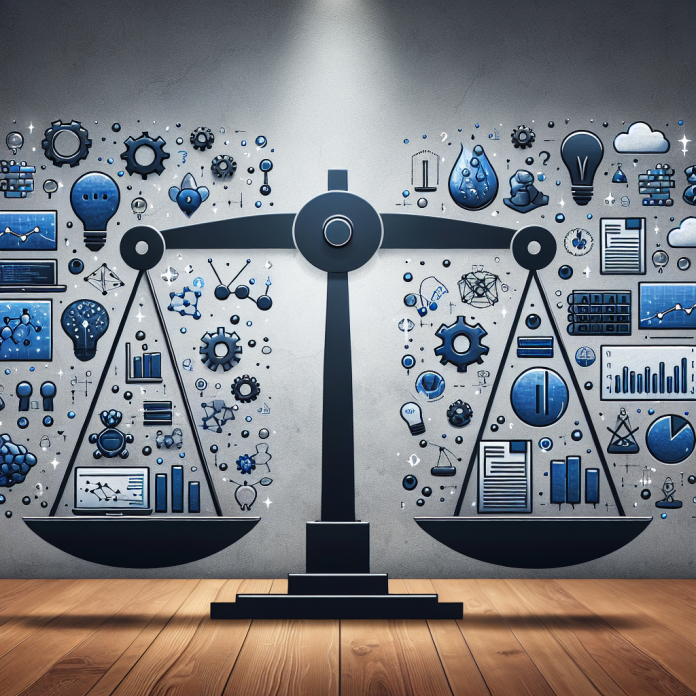When it comes to the fields of data science and data analytics, there is often confusion about the differences between the two. While both roles involve working with data to uncover insights and drive decision-making, there are distinct variations in the skills and responsibilities of data scientists and data analysts.
Data Science
Data science is a multidisciplinary field that combines expertise in statistics, computer science, machine learning, and domain knowledge to extract meaningful insights from data. Data scientists are responsible for collecting, cleaning, and analyzing large datasets to identify patterns, trends, and correlations. They often use advanced algorithms and predictive models to solve complex problems and make data-driven recommendations.
Data Analytics
Data analytics, on the other hand, focuses on analyzing data to provide actionable insights that inform business decisions. Data analysts leverage statistical techniques and visualization tools to interpret data and communicate findings to stakeholders. They play a crucial role in helping organizations understand their data and optimize processes to achieve business objectives.
Key Differences
One key difference between data science and data analytics is the level of complexity in the tasks they perform. Data scientists typically work on more complex, open-ended problems that require a deep understanding of statistical methods and machine learning algorithms. Data analysts, on the other hand, tend to focus on more structured data and are tasked with generating reports and visualizations to support decision-making.
Another difference is the skill set required for each role. Data scientists need to have strong programming skills, a solid foundation in mathematics and statistics, and expertise in machine learning techniques. Data analysts, on the other hand, should be proficient in data manipulation, visualization, and communication to effectively convey insights to stakeholders.
Conclusion
In conclusion, while data science and data analytics both involve working with data to derive insights, they are distinct fields with unique skill sets and responsibilities. Data scientists focus on modeling and predicting outcomes using advanced algorithms, while data analysts concentrate on interpreting data and providing actionable insights for decision-making. Understanding the differences between these roles is essential for organizations looking to harness the power of data to drive innovation and growth.

